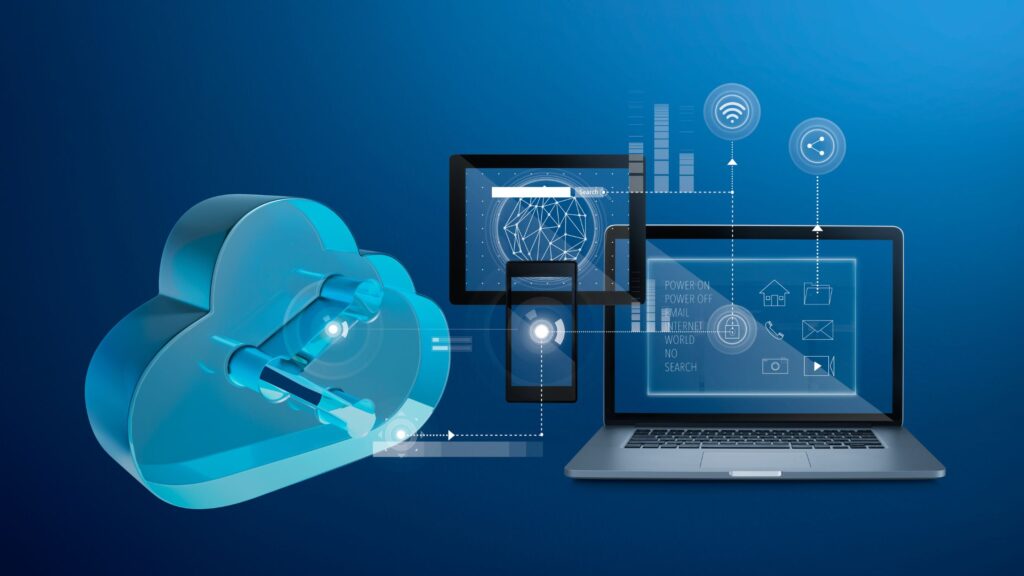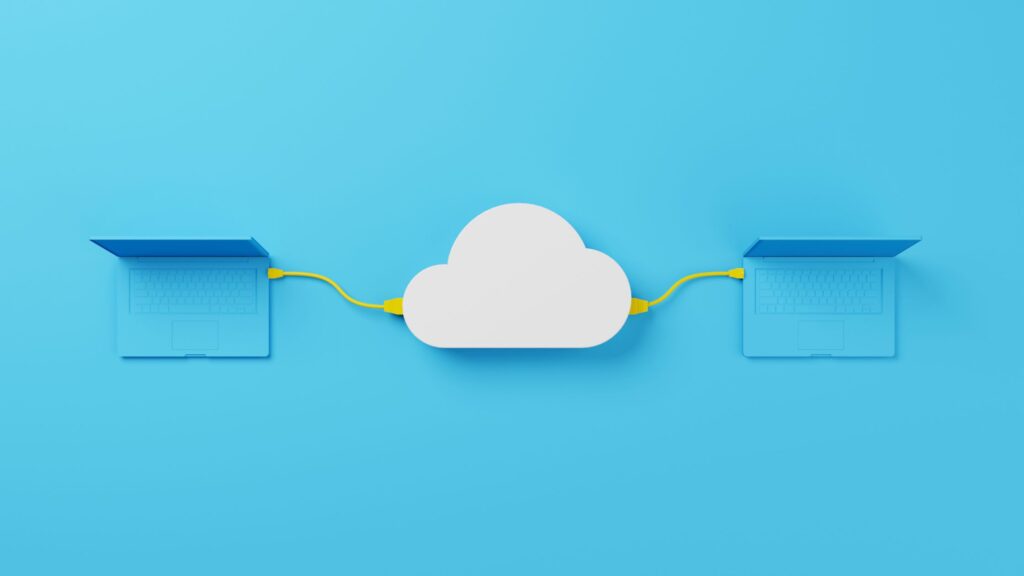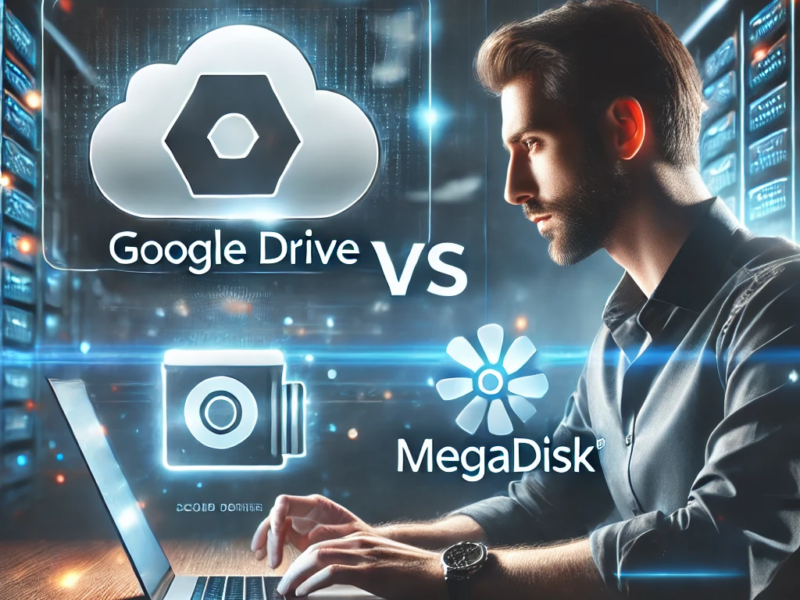The world of data storage is undergoing a significant transformation, with the emergence of decentralized cloud storage solutions. Traditional cloud storage services have long been the norm, but decentralized storage is redefining how we think about data security, accessibility, and ownership. In this article, we’ll delve into the concept of decentralized cloud storage, explore its key benefits, and understand how it’s changing the landscape of data storage and management.
Decentralized Cloud Storage Explained
The Principle of Decentralization
Decentralized cloud storage operates on the principle of distributing data across a network of independent nodes or servers. Unlike centralized cloud storage, where data is stored in a single location controlled by a single entity, decentralized storage scatters data across a network, often utilizing spare storage capacity from participants in the network. This decentralization offers several advantages, including improved security, accessibility, and data ownership.
Blockchain Technology: A Key Enabler
Blockchain technology plays a pivotal role in enabling decentralized cloud storage. Blockchains provide the underlying infrastructure for securely managing and verifying data transactions within decentralized storage networks. By leveraging the immutability and transparency of blockchain, decentralized storage solutions ensure data integrity and provide a trustless environment for users.
Advantages of Decentralized Cloud Storage

1. Enhanced Security and Privacy
Decentralized cloud storage enhances security by eliminating single points of failure. With data distributed across a network of nodes, the risk of data loss due to hardware failures or cyberattacks is significantly reduced. Additionally, data encryption and blockchain-based authentication mechanisms bolster data privacy, ensuring that only authorized users can access stored data.
2. Accessibility and Redundancy
Decentralized storage offers seamless accessibility from anywhere with an internet connection. Users can retrieve their data from any device, making it ideal for remote work and collaboration. Furthermore, the distributed nature of decentralized storage ensures data redundancy. Even if some nodes experience downtime, data remains accessible through other nodes in the network.
3. Data Ownership and Control
Decentralized cloud storage places data ownership firmly in the hands of users. Unlike centralized services where data is subject to the terms and conditions of a service provider, decentralized storage empowers users to retain full control over their data. Users can grant or revoke access to their data as they see fit, without relying on third-party intermediaries.
Challenges and Considerations of Decentralized Cloud Storage
1. Scalability
While decentralized storage offers compelling advantages, it faces scalability challenges as it grows. Ensuring that the network can handle a growing volume of data and users is a key consideration for decentralized storage providers.
2. User-Friendliness
To achieve widespread adoption, decentralized storage solutions must prioritize user-friendliness. Ensuring that the technology is accessible and intuitive for both individuals and businesses is essential for its success.
3. Regulatory and Legal Aspects
Decentralized storage operates in a regulatory gray area in many jurisdictions. Navigating legal and compliance issues, such as data protection and liability, is a complex challenge that the decentralized storage industry must address.
Use Cases and Adoption

Decentralized Applications (dApps)
Decentralized storage is a natural fit for decentralized applications (dApps), which seek to provide users with control over their data and interactions. dApps across various domains, including finance, social media, and gaming, are increasingly relying on decentralized storage for data management.
Enterprise Solutions
Enterprises are exploring decentralized storage as a means of enhancing data security and reducing reliance on centralized cloud providers. Decentralized storage solutions offer enterprises greater control over sensitive data and compliance with data privacy regulations.
Personal Data Storage
Individuals are adopting decentralized storage to safeguard their personal data from data breaches and unauthorized access. Decentralized storage solutions give users the peace of mind that their data remains secure and under their control.
The Future of Decentralized Cloud Storage
Innovation and Integration
The future of decentralized storage holds promise for continued innovation. As the technology matures, developers are expected to create more user-friendly interfaces and seamless integration with existing applications and services.
Broader Adoption
As awareness of data privacy and security concerns grows, decentralized cloud storage is poised for broader adoption. Businesses and individuals alike are recognizing the benefits of regaining control over their data and reducing reliance on centralized intermediaries.
Conclusion
Decentralized cloud storage represents a paradigm shift in how we store, access, and manage data. By embracing the principles of decentralization and blockchain technology, this innovative approach offers enhanced security, privacy, and data ownership. While challenges remain, the potential benefits for individuals, businesses, and the data storage industry as a whole are significant.
As the decentralized storage ecosystem continues to evolve and address scalability and usability challenges, we can expect to see a more decentralized and user-centric approach to data storage. This shift towards greater data control and security has the potential to redefine the way we interact with and safeguard our digital assets.
FAQs
- How does decentralized cloud storage ensure data security? Decentralized storage enhances security through data distribution across multiple nodes, reducing the risk of data loss due to failures or cyberattacks. Additionally, encryption and blockchain-based authentication mechanisms bolster data privacy.
- Can I access my decentralized storage from any device? Yes, decentralized storage offers seamless accessibility from anywhere with an internet connection. Users can retrieve their data from various devices, promoting remote work and collaboration.
- What is the role of blockchain in decentralized storage? Blockchain technology provides the underlying infrastructure for securely managing and verifying data transactions within decentralized storage networks. It ensures data integrity and creates a trustless environment for users.
- Are there any limitations to decentralized cloud storage? Decentralized storage faces challenges related to scalability, user-friendliness, and regulatory aspects. These challenges require ongoing innovation and industry collaboration to address.
- Is decentralized storage suitable for businesses? Yes, companies are exploring decentralized storage solutions to enhance data security, control, and compliance. Decentralized storage offers enterprises more significant control over sensitive data and reduced reliance on centralized providers.


